Better Learning, Better Classrooms: Why Newspapers Matter
 Almost every week I’m asked, “How can we use historical newspapers to teach undergraduates?”
Almost every week I’m asked, “How can we use historical newspapers to teach undergraduates?”
Great question!
Mostly it’s faculty who come to me asking for this advice, but librarians wonder about this, too.
Faculty (mostly professors of history, politics, government, and cultural studies) want to be sure their students have an experience in which they truly “touch history.” There’s also a strong desire to have students work directly with primary sources and draw their own conclusions from the materials they encounter. The objective is to instill knowledge, understanding, and critical-thinking skills. That’s a formula, they all agree, for student success.
Historical newspapers, including Readex’s own America's Historical Newspapers, hit the target in every respect. Here are just a few of the ways:
► Students cannot truly understand an event in America’s past without seeing firsthand and in real-time what people said about it. Newspapers are the only certain vehicle for this.
►Newspapers capture “the voice of the moment,” unprocessed, unfiltered, direct, and raw. Students instantly grasp this fact, which drives interest and excitement. Sometimes it even leads to great student papers and presentations!
 ►Newspapers offer multiple points of view, often across a time span of many days or months or years. They fit perfectly with assignments that require pro-and-con analysis. They also fit perfectly with assignments that ask students to synthesize multiple arguments across time. Newspapers provide most—and sometimes all—of the material a student needs.
►Newspapers offer multiple points of view, often across a time span of many days or months or years. They fit perfectly with assignments that require pro-and-con analysis. They also fit perfectly with assignments that ask students to synthesize multiple arguments across time. Newspapers provide most—and sometimes all—of the material a student needs.
►Newspapers let students zoom in on specific regions, topics, and moments in time. Books rarely permit this in such a flexible way (that’s not their job). Which means a student can explore something that’s really interesting to her, like the history of her home town; controversies of a certain time period in her local region; or how, for example, advertisements in the local newspaper changed from one decade to the next.
►The opportunity to go deep—to explore a subject or a person across a wide spectrum—can ONLY be done with the support of newspapers. Faculty tell me one of the greatest benefits of newspapers is that the possibilities never run out; students are given an almost endless opportunity to think, shape, and distill.
 Of course, the benefits I’ve just described work both ways. Faculty, too, can use newspapers in teaching environments to bring new excitement to classrooms. Nothing works better to make a point than historical evidence, and newspapers are loaded with it. They look cool on a big screen, too!
Of course, the benefits I’ve just described work both ways. Faculty, too, can use newspapers in teaching environments to bring new excitement to classrooms. Nothing works better to make a point than historical evidence, and newspapers are loaded with it. They look cool on a big screen, too!
Let me close with some more good news. Every page of every historical newspaper in every Readex product has its own persistent URL. Faculty can paste the URLs right into their course materials, syllabi, daily assignments—into just about anything—to introduce students easily and painlessly to the amazing world of historical newspapers. What could be simpler than that?
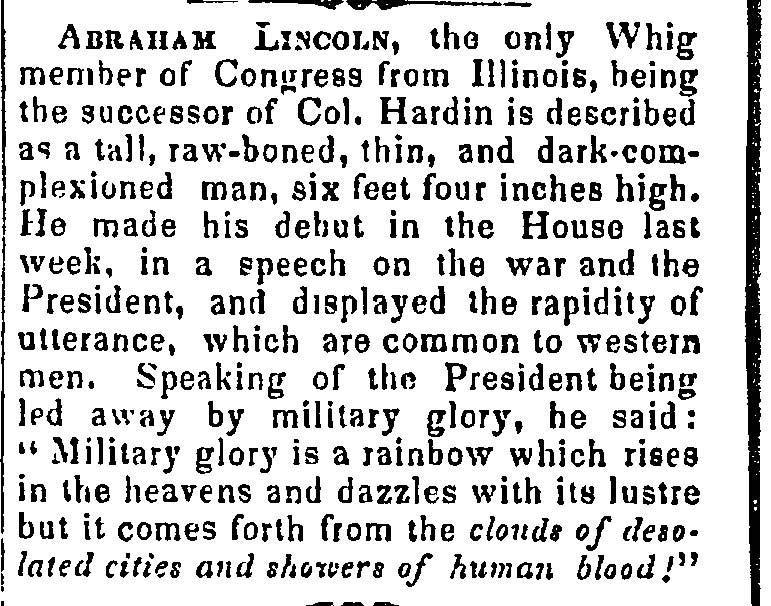
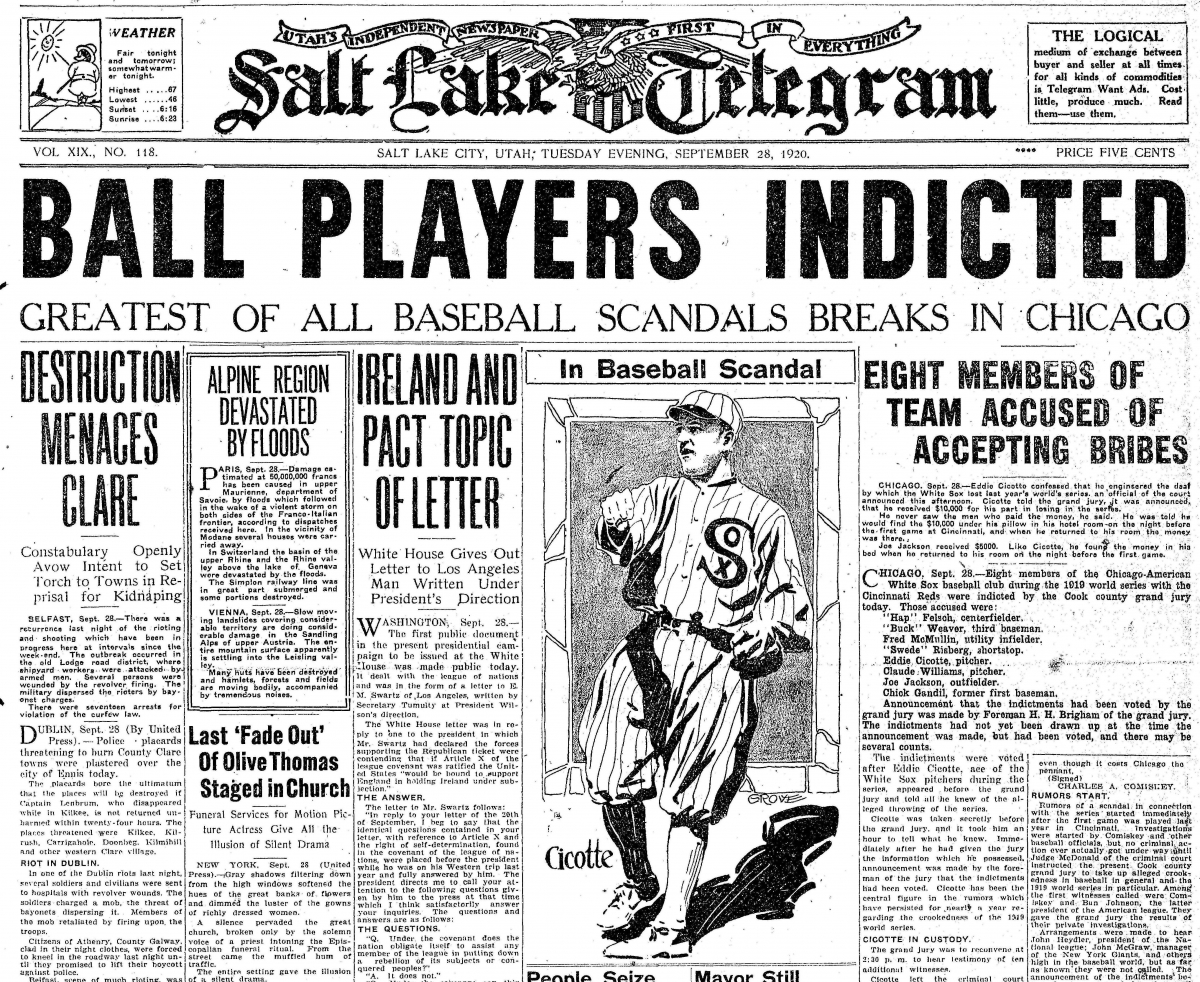


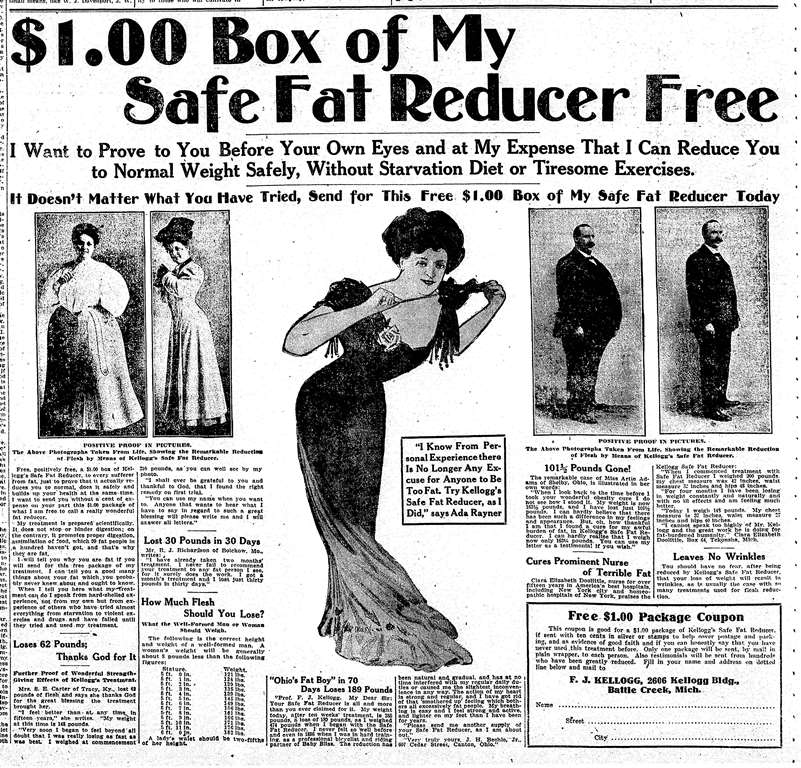
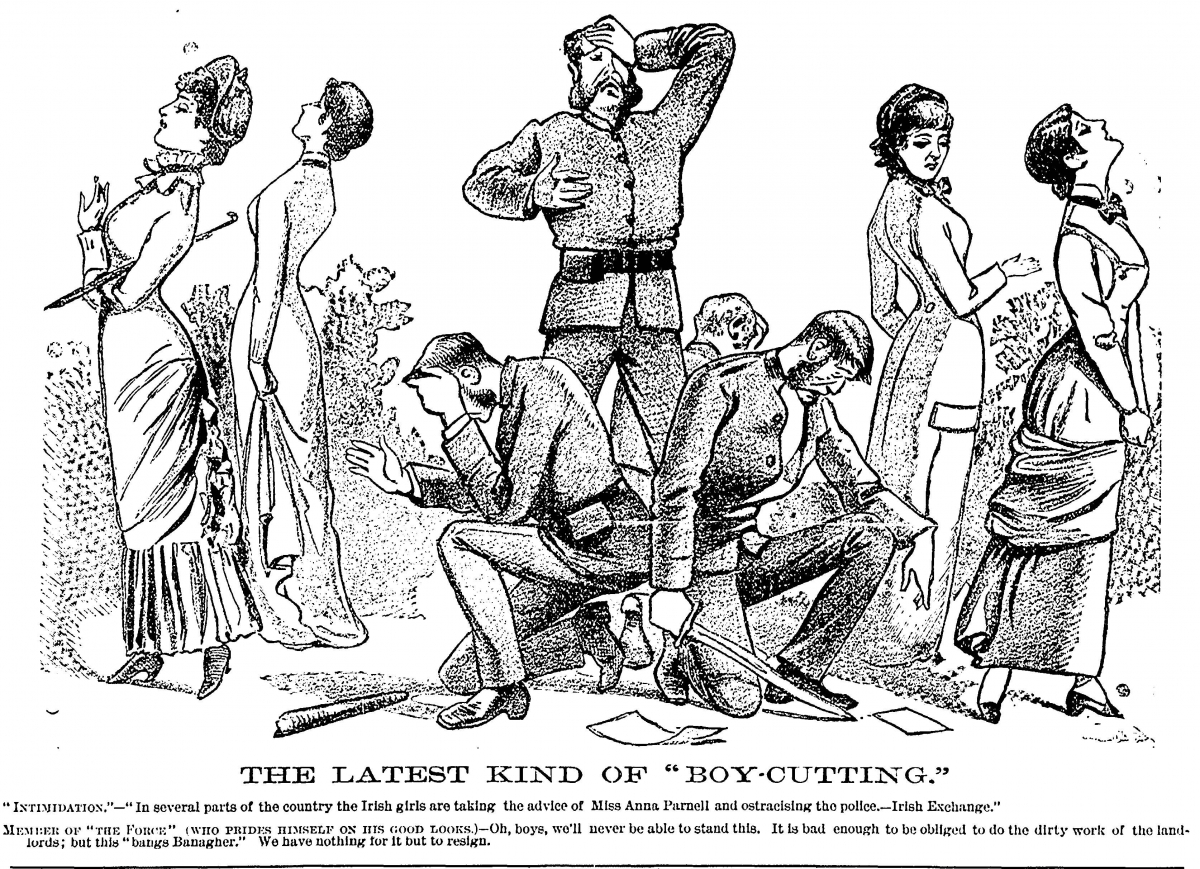

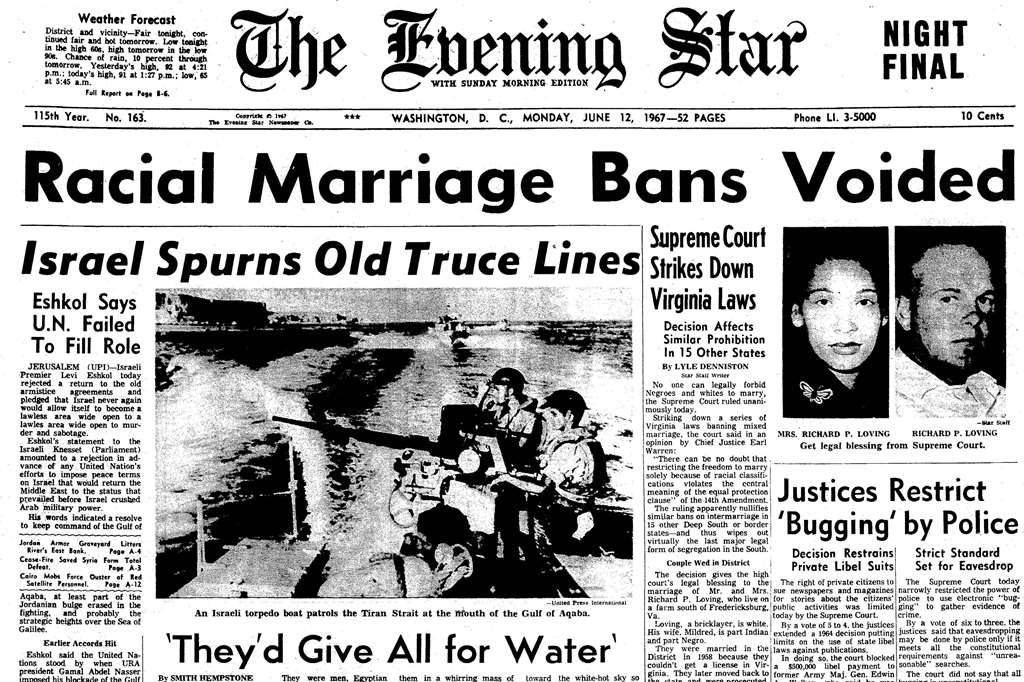





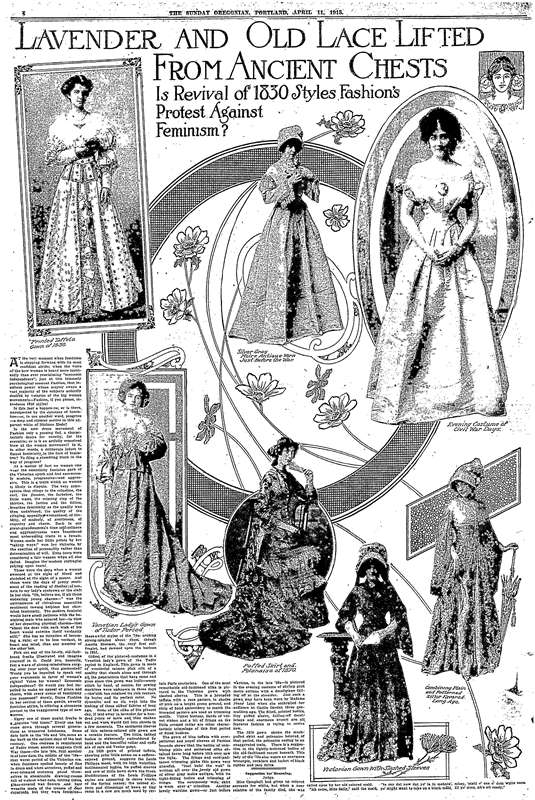

For more information about using historical newspapers in the classroom, please contact readexmarketing@readex.com.



